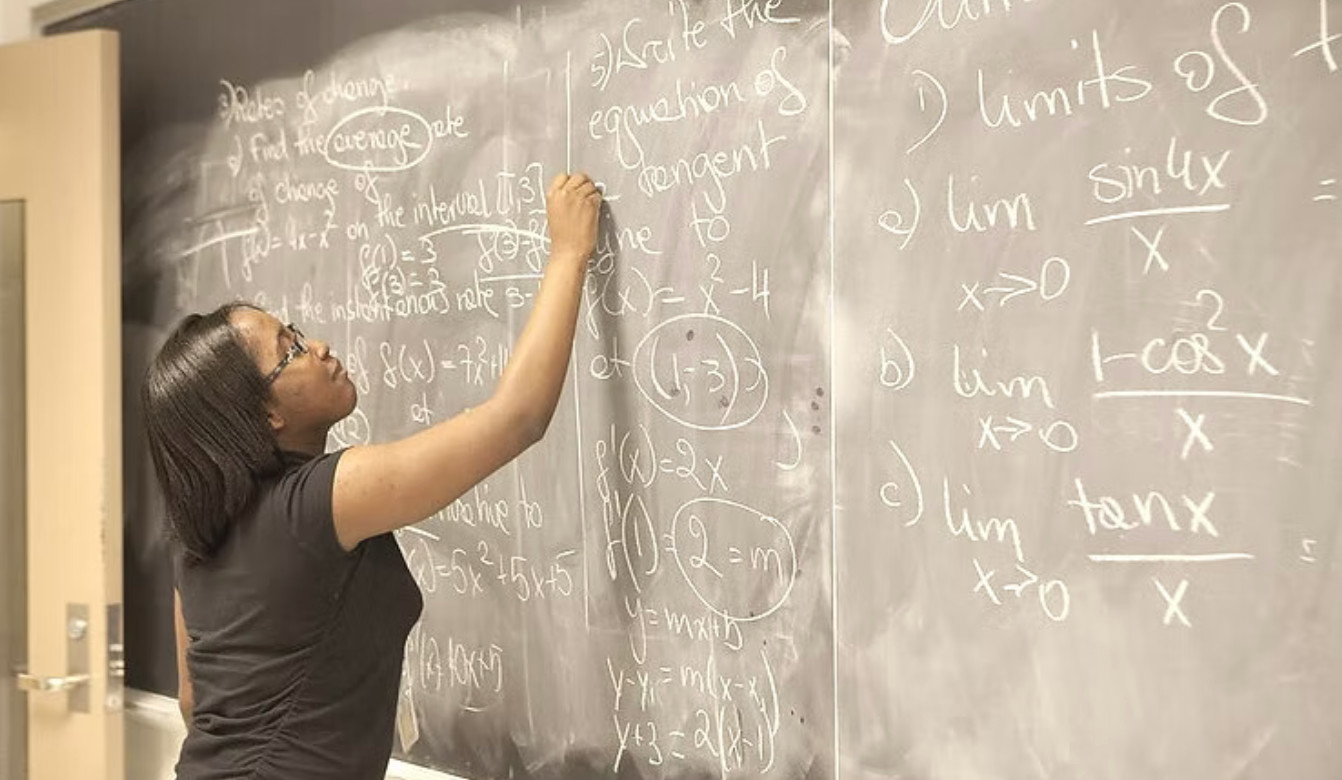What to Expect in High School

By Laura Zingmond
New York State sets requirements for graduation. These are the minimum requirements that a student must attain to earn a diploma. There are multiple paths to a diploma, which you can read more about here.
High schools should offer plenty of opportunities for students to take courses that exceed the minimum diploma requirements. For instance, you do not need to take four years of math or science to earn a diploma, but it's important to look for high schools that ensure all students, not just the most advanced learners, have the opportunity to study both subjects for four years.
Here are some things you should look for and ask about when researching high schools.
Math and science
Four years of math and science are offered to all students, preferably with some choice of courses in 11th and 12th grade. Taking only three years of math and science may put you at a disadvantage when applying to some jobs and colleges, as well as when pursuing your studies in college.
English
Students need to read a range of both fiction and non-fiction (sometimes referred to as “informational texts"). It’s ok for students to read excerpts, especially to learn how to analyze text, but it’s also important that students read whole books, including novels. When you visit a school, ask what whole books students are reading in English and other subjects too.
Writing
Look for schools where students are both expected to write a lot and receive explicit instruction in writing. There are a range of ways schools may tackle the latter. Some schools may teach writing across all subjects such as at New Dorp High School on Staten Island. While at others, such as Park East High School in Manhattan, writing is taught in a separate class that students take in addition to English.
Elective Courses
At many high schools, 9th- and 10th-graders don’t have much choice in courses because their schedules are filled with classes required for graduation. By 11th grade they should start seeing some choice, even in small schools. Of course, options vary by school. That’s where your personal preferences come in.
Extra-Curricular Activities
Extra-curriculars shouldn’t be considered an “extra.” They are critical to the high school experience. This is where students learn to take healthy risks, indulge in their passions (or first discover them), develop leadership skills, and make friends. Large schools offer more variety, but there are only so many activities one can participate in, so if a small school’s selection of activities includes some that you like, then you’re good to go.
Supportive Environment
At some schools, social-emotional support is embedded into their ethos. Students have a good rapport with adults in the building. The staff are flexible—open to trying different things to meet kids where they are. For instance, teachers and counselors may have an open-door policy at lunch for students who are uncomfortable eating in the cafeteria or are just having a tough day. At some schools, staff members mentor individual students who are struggling or run small-group advisories.
Inclusion
Students of all backgrounds, including those who identify as LGBTQA+, are learning English, or have disabilities, need to feel welcomed, valued, and challenged. It's not enough for a school to adopt admissions policies that promote integration, though that's a good start.
IntegrateNYC, a former student-led organization that advocated for integration and equity in NYC schools, created a helpful framework for gauging a school's inclusiveness.
- Racial integration
- Restorative Justice
- Resource allocation
- Representation (in teachers)
- Relationships across group identity
As you research and visit schools ask about efforts to promote inclusion that go beyond admissions.
- Does the student body reflect the diverity of New York City? How well are the voices and history of traditionally marginalized groups (women, BIPOC, LGBTQA+, etc.) integrated into the curriculum and culture of the school? Are they reflected in the books students read, activities offered, holidays celebrated, and religious accommodations provided?
- How does the school handle discipline? Be wary of schools with high suspension rates.
- Does the school have systems in place to ensure that all students are challenged and have access to advanced coursework and enrichment opportunities?
- Is the staff diverse?
- Do students of different backgrounds not only get along, but take classes together?